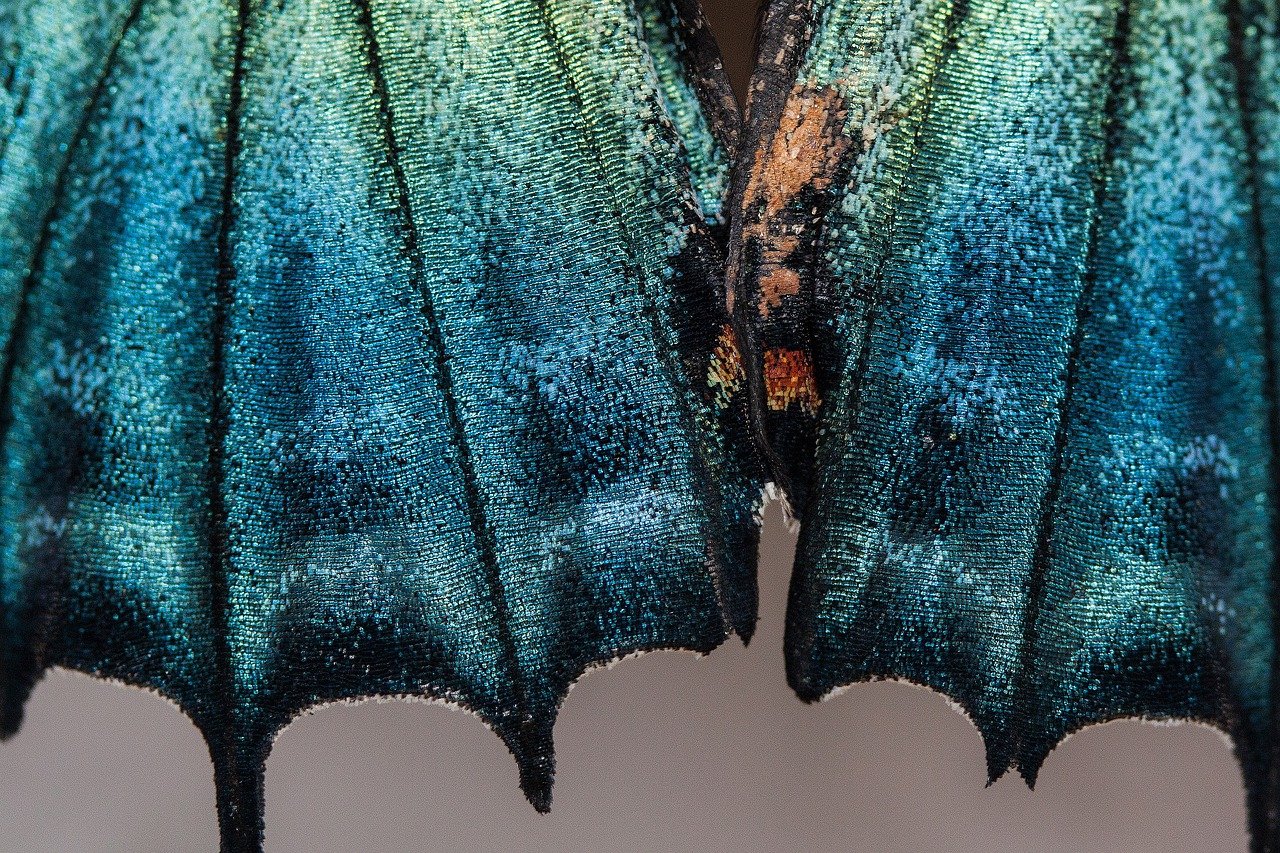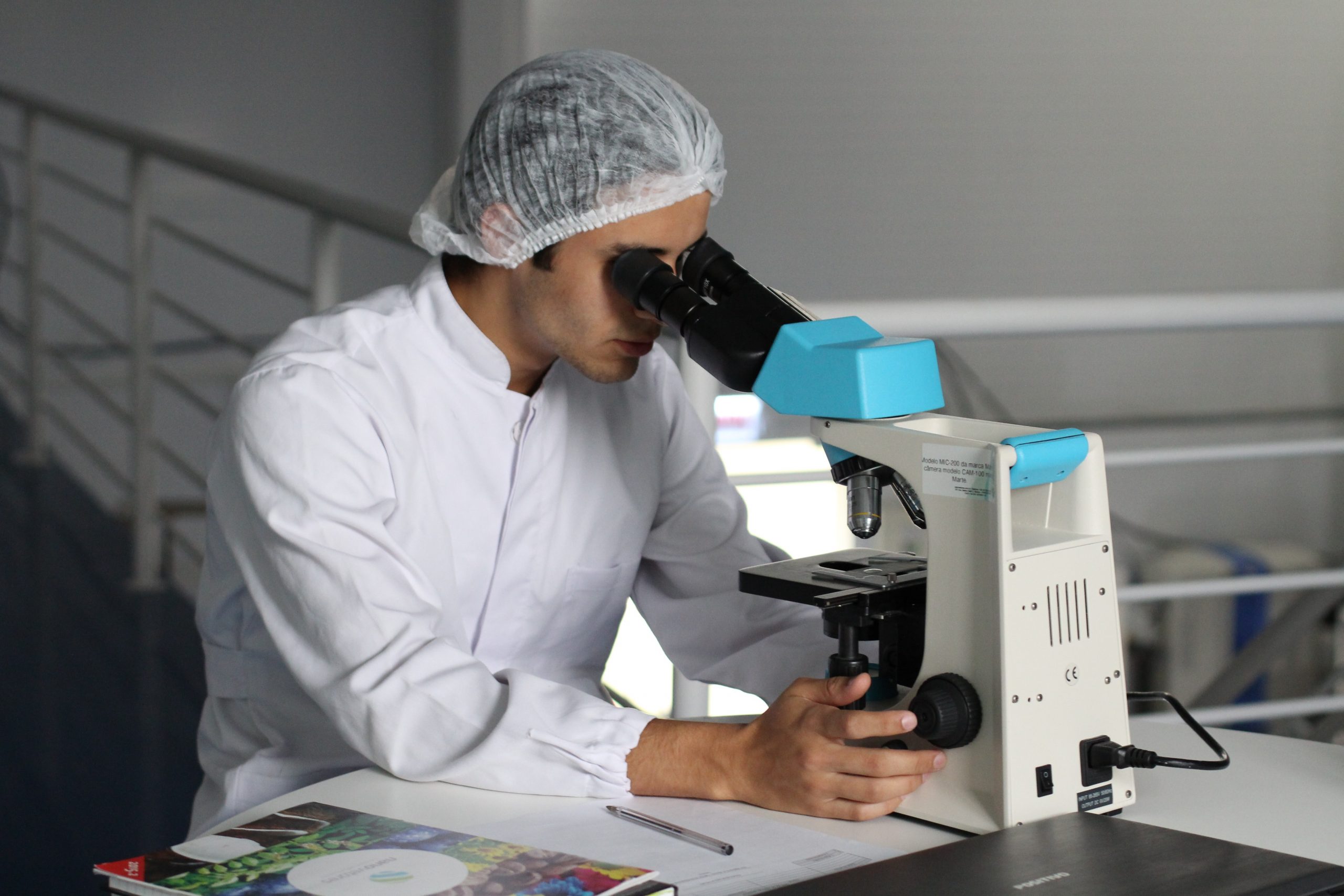
Hungarian scientists make startling discovery that could change the method of water purification.Continue reading

The government’s Climate and Nature Protection Action Plan aims to phase out single-use plastics, and is helping to develop innovative biodegradable polymers that can reduce the share of plastics made from petroleum derivatives and food raw materials. The project of the Bay Zoltán Applied Research Center will receive HUF 2 billion (EUR 5 million) over three years from the National Research and Innovation Fund, the Ministry of Technology and Industry told MTI on Tuesday.
Anikó Raisz, Secretary of State for the Environment and the Circular Economy of the Ministry of Technology and Industry, stressed that one of the conditions for the rapid phase-out of single-use plastics is the availability of a stable substitute product.
The Hungarian research team aims to produce a raw material that can compete with conventional polymers in terms of properties, but does not further burden the environment.
They welcome initiatives to address the greening challenge, she added.
The objective of the project, which will end in early 2025, is to develop a new plastic raw material adapted to the needs of industry, sustainable and environmentally friendly, which can be produced from industrial by-products and used immediately and directly.
Thanks to the Hungarian research team, a new polymer production process could be developed.
The Bay Zoltán Applied Research Center brings together the knowledge and work of 155 Hungarian researchers and works with nearly 200 partners. The center has recently placed increasing emphasis on research and development in the field of polymers, and is conducting research in many parts of the world into new raw materials that are not only biodegradable, but also environmentally friendly in terms of their raw materials, the ministry explained in a statement.
Featured photo via Pexels